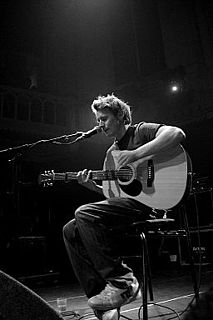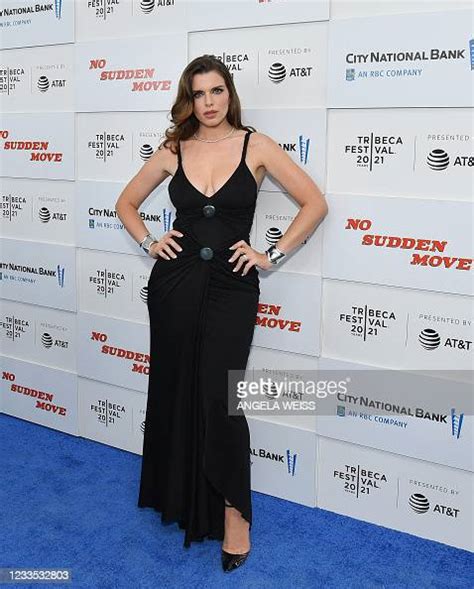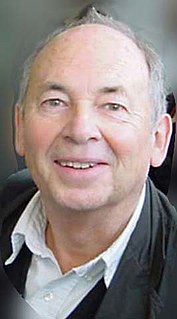A Quote by John Boyne
Children's book writers tend to feel quite superior, and adult writers tend to feel they wouldn't know how to write a children's book - which might surprise you because I think a lot of people think it's the other way around.
Related Quotes
I don't change the language for children books. I don't make the language simpler. I use words that they might have to look up in the dictionary. The books are shorter, but there's just not that much difference other than that to be honest. And the funny thing is, I have adult writer friends [to whom I would say], "Would you think of writing a children's book?" and they go, "No, God, I wouldn't know how." They're quite intimidated by the concept of it. And when I say to children's books writers, would they write an adult book, they say no because they think they're too good for it.
I have observed that male writers tend to get asked what they think and women what they feel," she says. "In my experience, and that of a lot of other women writers, all of the questions coming at them from interviewers tend to be about how lucky they are to be where they are – about luck and identity and how the idea struck them. The interviews much more seldom engage with the woman as a serious thinker, a philosopher, as a person with preoccupations that are going to sustain them for their lifetime.
I never understood how one could write a whole book: It is so technically challenging, and it's incredible the way writers put entire worlds inside of them on such a large scale. I tend to have that same feeling when I listen to music - it daunts me and makes me feel quite unsettled listening to so much talent and ambition.
It is axiomatic among writers that no one ever sues the writer of an unsuccessful book. Just let a book go over twenty-five thousand copies and it is surprising how many people's feelings are hurt, how many screwballs think their brain children have been stolen, and how many people feel that they have been portrayed in a manner calculated to bring infamy upon them.
Writing is not a great profession as a lot of writers proclaim. I write because this is something I can do. Another thing—very often I think a lot of writers write because they have failed to do other things. How many writers can’t drive? A lot. They’re not practical. They are not capable in everyday life.
My father probably taught me everything I know, aside from dialogue, which I think I get from my mom a lot more. He certainly didn't teach me everything he knew, but you know he has got this book out called "The Spooky Art," which is essentially an advanced book on writing and it's not... You know it's not ABC, but it's for people who feel that bug and know that they're writers and are willing to put in that time alone. Pretty much the vast majority of what he taught me you can find in that book.
I don't know a lot of writers, even writers who have been on the bestseller list for a few weeks, or writers who have gotten movie options, who can live on just their writing income. Once you break it down to the years it took to write the book, place it, promote it, and you pay the agent, pay the taxes, the annual income is not enough to live on comfortably. I do not have a starving artist inclination. I'm from the working class. I don't feel creative unless I feel like my house is going to be there and I'm going to be fed. I can't worry about money and write. Maybe some people can.
I read continually and don't understand writers who say they don't read while working on a book. For a start, a book takes me about two years to write, so there's no way I am depriving myself of reading during that time. Another thing is that reading other writers is continually inspiring - reading great writers reminds you how hard you have to work.
Mythographer was suggested by the man who made my website, actually. I do write a lot about myth and I do feel it's a bit pompous to state it that way, but it does distinguish me from other writers. When it was first on the web, people began to use it in an ironical and satirical way. Now, however, people tend to use it straight.
The idea of the writer who writes nineteen novels, with various ups and downs and levels of experimentation, isn't around so much now. There's a focus, I think, on fewer books, with more pressure on each book to succeed. With that there comes, I think, a certain pressure towards shapeliness in fiction. Towards neatness. And I think writers feel that, and it can effect how they write.






































